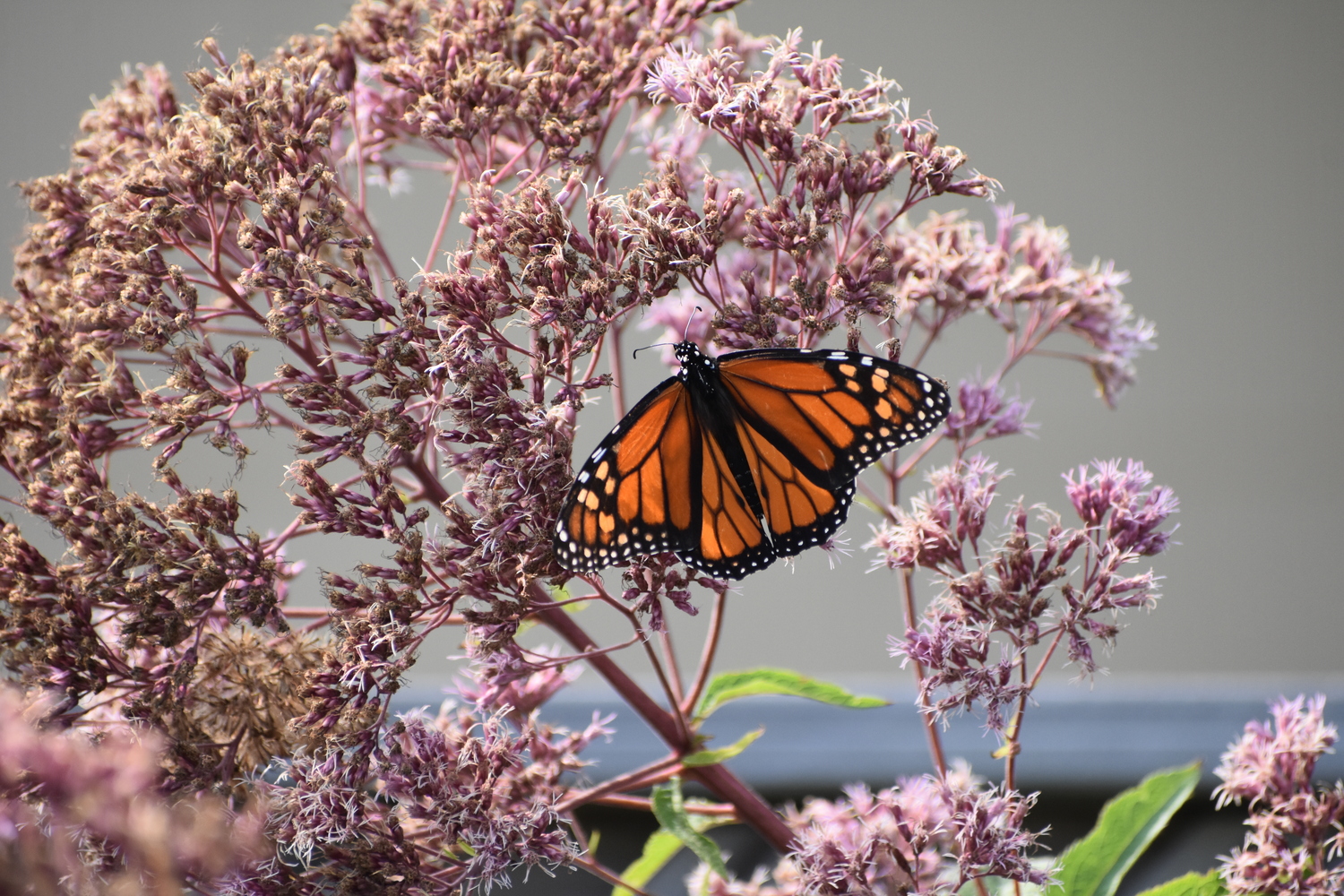
The gardens of the South Fork are often celebrated for their beauty, providing us with much-needed respite from the complexities of daily life. However, their true value goes far beyond their aesthetics and the solace they provide. A thoughtfully designed garden can play a pivotal role in the symbiotic relationships between birds, plants and insects, a relationship that is called the “Triangle of Life.” Protecting this delicate ecosystem with some informed planning can transform yours.
Plants: The Foundation of the Triangle
Plants serve as the foundation of the triangle. When exposed to sunlight, plants perform photosynthesis. In doing so, they combine water and carbon dioxide into carbohydrates that give plants energy and give us the oxygen that sustains most forms of life. Beyond their role in oxygen production, plants provide food, shelter and habitat for a host of organisms. They form the base of the food chain, supporting herbivores, which in turn support carnivores. They provide nectar, pollen and fruits, which are critical food sources for a wide range of species.
Insects: The Pollinators and Decomposers
Flowering plants have evolved a variety of adaptations to attract insect pollinators, such as bright colors, scents and nectar. In turn, these insects facilitate fertilization and pollination by transferring pollen from one flower to another, enabling plants to reproduce and thrive. Insects on flowering plants also serve as a crucial food source for birds. You may be surprised to learn that 96 percent of all terrestrial bird species rear their young on insects. This dietary dependence illustrates the interconnectedness of the food web.
Insects such as beetles and ants are also essential in the decomposition process. They break down dead plants and animals, recycling nutrients back into the soil. This process is critical for maintaining soil fertility and promoting healthy plant growth.
Many insects are predators of other pests. Ladybugs, for instance, feed on aphids and other harmful insects, helping to control pest populations and reduce the need for chemical pesticides.
Birds: The Seed Dispersers and Insectivores
Birds complete the plant-insect-bird triangle by serving as both seed dispersers and insectivores. They disperse seeds by consuming fruits and excreting the seeds in new locations or by carrying seeds attached to their feathers. This seed dispersal is crucial for plant colonization and the regeneration of plant communities. Birds also contribute to insect population control. While feeding on insects, birds help to control pest outbreaks that can damage or destroy plant life. Allowing birds to perform “natural pest control” is one of our most important tools in maintaining plant health without the use of pesticides.
Supporting the Triad: Practical Garden Tips
Prioritize native plants as they are well adapted to local bird and insect-friendly plants.
Provide bird-friendly features like feeders, birdbaths and dense shrubs for nesting and cover.
Employ sustainable gardening practices such as mulching and composting to keep soil healthy and fertile.
Minimize as much as possible the use of insecticides. This is for the health of humans, animals, birds, insects and plants alike.
Your garden can be more than a place of beauty. By designing gardens that support the fragile balance between birds, plants and insects, we ensure that they are not just havens for us, but also for the countless species that share our world.
Joyce Bromberg is a member of the Westhampton Garden Club Conservation Committee.